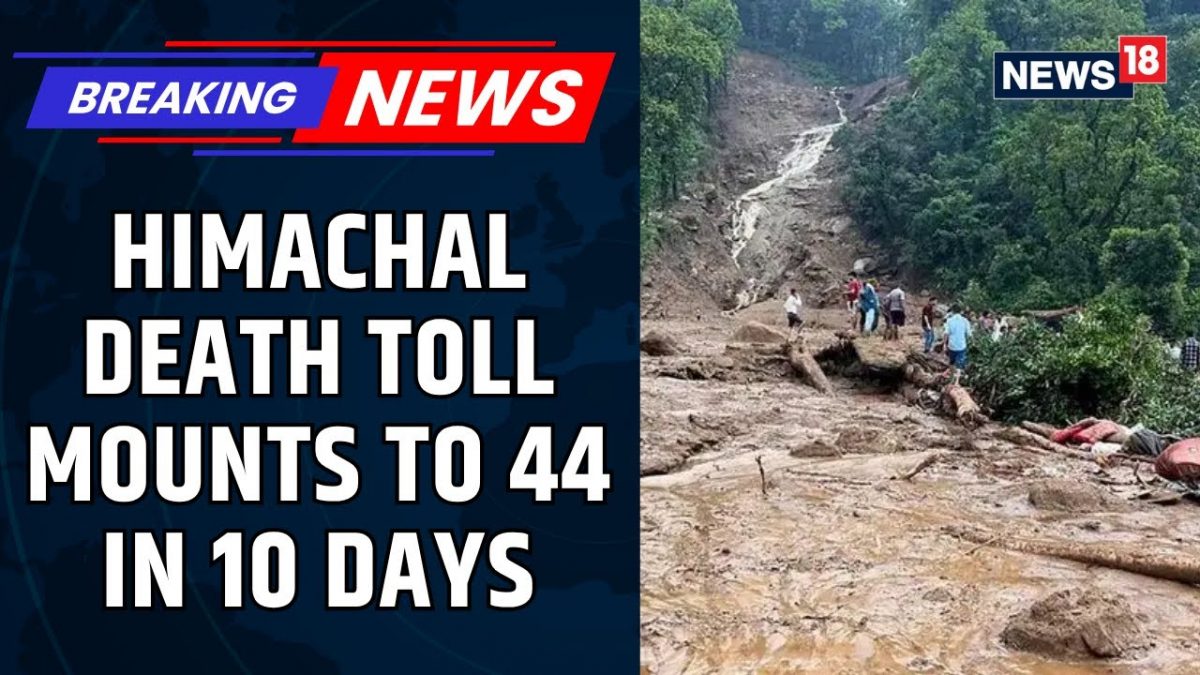
Newswise — Christopher Nichols, a national security expert and professor at The Ohio State University is available to discuss the U.S. bombing of Iran and the aftermath. Some points he can discuss:
The attack is nearly unprecedented: The US strategic bombing on Iran does not come in response to a direct Iranian action and as such is unprecedented because most other such actions have been taken only after consultation with Congress and after an elaboration of precisely what the risks of inaction might be — such as after 9/11 in 2002 and 2003, or the Gulf of Tonkin incident in 1964.
Hardly a “Peace” Candidate, Increasingly Empowered Presidency: This is yet another example of an increasingly empowered “imperial” presidency, and underscores how US presidents can now deploy the US military with virtually no checks or balances, from Congress or elsewhere, even in times of peace and not in response to direct attacks or coercion. Congress is clearly not using their powers to check that of the executive on foreign as well as domestic issues, though in this case there is sizeable bloc of Republicans in Congress who did not want to see the US take preemptive military action and potentially become embroiled in Iran.
Americans should be worried: One fear many in the security community have relates to actions abroad against American travelers and groups (in the region or worldwide, as Iran’s Revolutionary Guard and its proxies are quite capable of mounting operations in much of the world). Another major set of concern relates to world economy, if Iran struck back by closing or threatening the Strait of Hormuz and limiting and undercutting oil production, those efforts have the weight to potentially precipitate a global recession. In the shorter run, Iran’s possible formal military responses are more modest, thought we can expect continued reprisal attacks on Israel, including by proxies and allies in Yemen and Lebanon. It is quite likely, as Iranian officials have suggested, they will attempt to strike US bases in the Middle East and perhaps beyond.
Nuclear security will remain an issue: A less nuclear Iran is not a bad thing for the world but for that to be the case in the longer term means the current Iran regime would, after these attacks, either agree or simply stop attempting to enrich uranium for energy and military use, or be overthrown by moderates or others. That seems very unlikely, particularly after these attacks, which logically make a compelling case to rapidly develop nuclear weapons to deter further attacks, and may well embolden the Iranian leadership to double down on its past strategies.
Nichols (website here) is a professor of history and Wayne Woodrow Hayes Chair in National Security Studies, at Ohio State’s Mershon Center for International Security Studies. He is author of the book Promise and Peril: America at the Dawn of a Global Age and co-editor of the book Ideology in U.S. Foreign Relations. He has extensive TV and radio experience, appearing most often on C-SPAN and NPR, and has also appeared on MSNBC and CNN. See a list of media appearances here.




